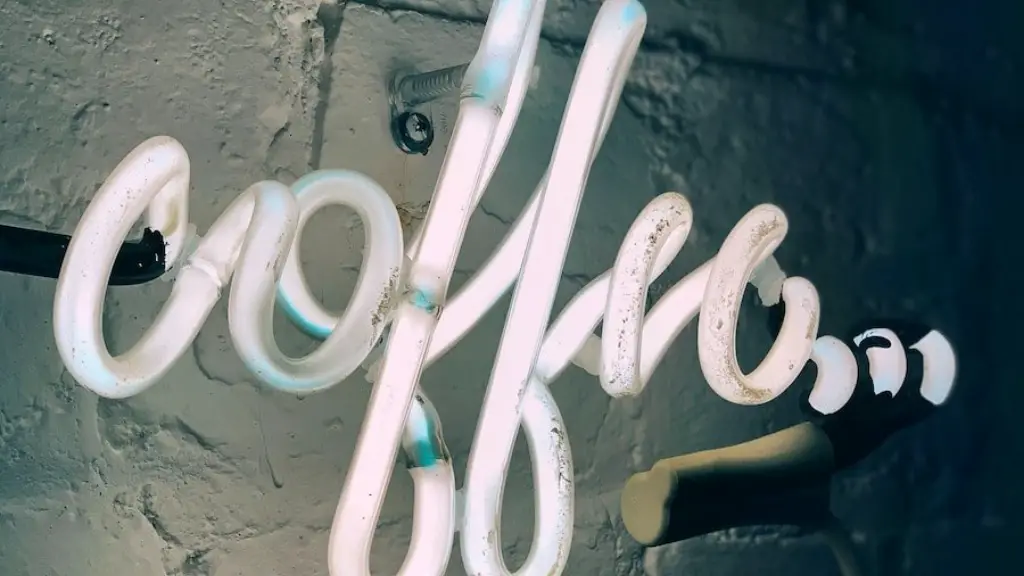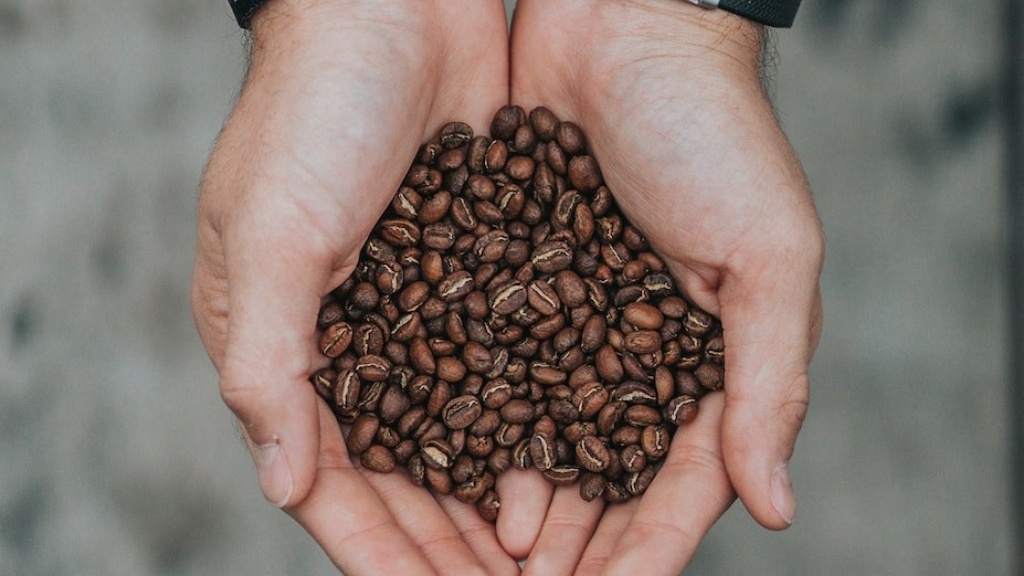What’s Worse-Coffee or Energy Drinks?
The past few decades have seen growing interest in energy drinks among both adults and adolescents, leading to an intensifying debate over their health effects and whether they’re any worse than the traditional cup of coffee. These drinks aren’t regulated in the same way as food and beverages, so consumption has become a subject of major controversy. In this article, we’ll discuss the differences between energy drinks and coffee, explore their associated health effects, and provide perspective from a range of experts.
A Comparison of the Ingredients
Coffee is made from beans that have been roasted and grinded into a fine powder. It contains caffeine, which is responsible for its stimulating effects, as well as numerous other compounds, like antioxidants and minerals. Energy drinks are generally made with a concoction of ingredients that includes caffeine and guarana, a stimulating plant, taurine, an amino acid, and B-vitamins. Some also contain sugar, artificial flavours and other stimulants. The amount of caffeine in each drink can vary from as little as 50mg in coffees to as much as 500mg in energy drinks.
The main reason why energy drinks have become popular is because they offer a kick of energy in a way that coffee can’t, due to its higher levels of caffeine and the added stimulants. It is also important to note that energy drinks are typically marketed as an “enhancement drink,” or as something that increases energy and alertness quickly, while coffee is usually marketed as a casual, enjoyable beverage.
Nutritional Differences
When it comes to nutrition, coffee can be an excellent source of minerals and antioxidants, however, since energy drinks contain sugar, artificial sweeteners, and other ingredients, they can contain significantly higher amounts of sugar and calories. Additionally, coffee does not contain the same additional stimulants found in energy drinks, making them a more potent source of stimulation for those looking for an extra energy boost.
Health Effects of Coffee vs Energy Drinks
The most notable short-term effect of caffeine on the body is increased alertness and energy. Depending on the amount of caffeine consumed, effects can range from mild stimulation to more significant fatigue and insomnia. Caffeine is also thought to have a positive effect on mental focus and memory. However, excessive caffeine consumption can lead to headaches, nausea, and jitteriness.
The specific health effects of energy drinks are less clear, as the effects of different ingredients and combinations vary. However, one of the major concerns of energy drinks is that they contain high amounts of sugar and stimulants, which can lead to dehydration and increase the risk of high blood pressure. Additionally, the stimulants found in some energy drinks can cause anxiety and other side effects. The amount of sugar in some energy drinks can also contribute to the risk of cavities, insulin resistance, and other health problems.
Perspectives from Experts
Medical experts generally agree that coffee can be consumed in moderation and is not seen as a significant health risk. However, energy drinks have caused much debate, due to their high sugar and stimulant content, as well as their uncertain effects on the body. According to Dr. Robert Glatter, an emergency physician at Lenox Hill Hospital in New York, energy drinks “can significantly increase heart rate and blood pressure, which can have short-term as well as long-term implications for overall health.” He adds that consuming even just one energy drink can lead to “physiological effects that can sometimes be deadly”.
The National Institute on Drug Abuse (NIDA) has also advised against consuming energy drinks, noting that they “can negatively interact with other drugs or medications” and “may cause addiction.” On the other hand, the National Coffee Association (NCA) asserts that moderate consumption of coffee is “generally safe for most people.” According to its statement, “the available evidence does not suggest that moderate consumption of coffee poses a significant health risk.”
The Bottom Line
Overall, the main difference between coffee and energy drinks is the amount of caffeine and the range of stimulants they contain. In moderation, both beverages can be consumed without health risk. However, the added stimulants in energy drinks can make them more potent, which can lead to more pronounced side effects, especially when consumed in excess. Additionally, some energy drinks contain high amounts of sugar, which can lead to an increased risk of cavities and other health problems. As such, it’s important to drink both beverages in moderation.
Caffeine Content
Caffeine is the most important factor when it comes to determining the potency of any given beverage. In comparison to coffee, energy drinks tend to contain much higher doses of caffeine than coffees, with some energy drinks containing up to 500mg of caffeine per can. For context, a single cup of regular brewed coffee usually contains around 95-200mg of caffeine.
Due to the increased levels of caffeine, energy drinks have been linked to a greater risk of adverse health effects. For instance, a study conducted by the European Food Safety Authority found that consuming more than 250mg of caffeine per day could increase the risk of anxiety and other mental health disorders. Additionally, as mentioned earlier, excessive caffeine consumption can lead to physical effects such as headaches, jitteriness, and nausea.
Effects on Performance
The effects of coffee and energy drinks on performance are highly debated. Caffeine is generally known to improve alertness, but the extent of its effects depends on the individual. According to one study, the benefits of coffee on mental performance tend to peak at around 250mg of caffeine and declines after that. On the other hand, energy drinks are usually consumed in higher doses, and as such, some believe they may provide a better energy boost than coffee.
At the same time, energy drinks have been found to have both positive and negative effects on performance. For example, the American College of Sports Medicine have determined that the stimulants found in energy drinks can increase athletic performance in certain activities, while, on the other hand, they can lead to dangerous levels of dehydration in others.
Risks Involved with Consumption
Both coffee and energy drinks can come with risk if consumed in high quantities. As mentioned, coffee can increase the risk of insomnia, headaches, and jitters. Energy drinks are associated with greater risks, including dehydration, increased risk of high blood pressure, kidney damage, and even addiction. Furthermore, both drinks can interact negatively with other drugs and medications, so it is important to consult with a doctor before consuming either.
Safety Measures
The best way to stay safe when consuming either coffee or energy drinks is to practice moderation. The NCA recommends that adults limit their daily caffeine intake to 400mg per day, while the American Academy of Pediatrics suggests consuming no more than 85mg a day for kids and adolescents. It’s also important to pay attention to the ingredients in energy drinks, as some may contain additional stimulants or unknown ingredients that can have health consequences.
Finally, keep in mind that coffee and energy drinks both have the potential to be addictive. As such, limiting your consumption and paying attention to your body’s reaction can help you control any potentially harmful effects.




